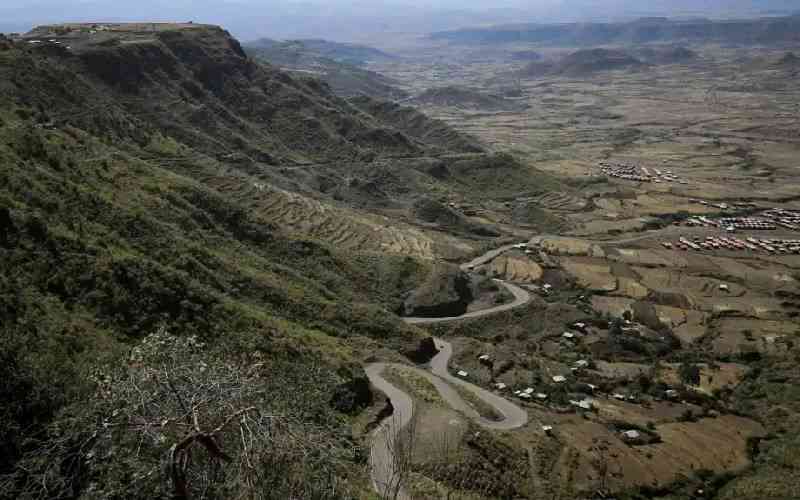×
The Standard e-Paper
Smart Minds Choose Us

Ethiopian authorities have arrested people connected to "the security crisis in Amhara," the government said Saturday after imposing a state of emergency on the northern region following clashes between local fighters and federal troops.
The fresh unrest in Africa's second most populous country comes nine months after the end of a devastating two-year war in the neighboring region of Tigray, which also drew in fighters from Amhara.